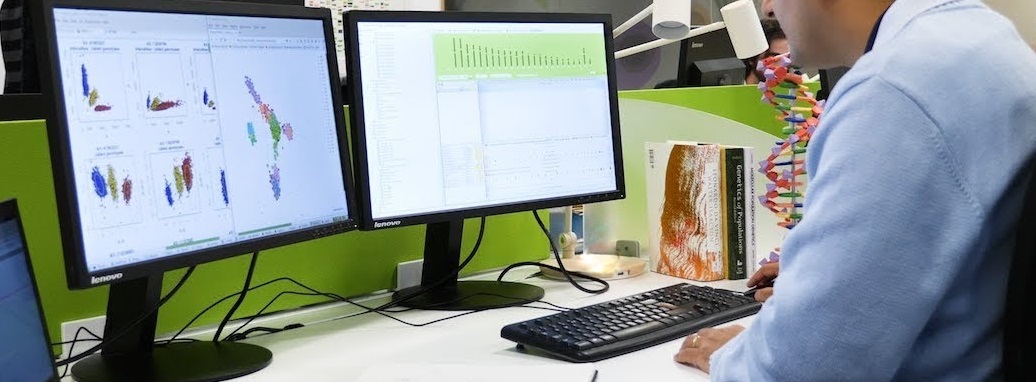
Democratic Presidential Candidate Andrew Yang foresees a future where artificial intelligence (AI) and the automation of jobs will lead to the disintegration of our society with human workers being replaced by machines, which is one of his main campaign messages.
As stated in a November 2019 article by Martin Ford in The Hill: “AI and automation will disrupt our world — but only Andrew Yang is warning about it”. The article also includes these statistics:
A recent report from the consulting firm Deloitte found that, among more than a thousand surveyed American executives, 63 percent agreed with the statement that “to cut costs, my company wants to automate as many jobs as possible using AI,” and 36 percent already believe that job losses from AI-enabled automation should be viewed as an ethical issue.
The statements are usually attributed to manufacturing jobs and low-paid jobs, definitely not highly educated professionals, like lawyers, doctors, or scientists. Yet lawyers and doctors will also see a decline in demand when AI takes over decision making in their fields. But for those decisions to be made, the machines will have to learn correctly. So, what kind of humans will still be needed to perform any work that machines cannot do?
Apart form certain service industry jobs where humans prefer human touch or human communication such as nurses, masseuses, waiters, the only other jobs that will not only be available but highly requested besides computer and robot programmers, are data scientists. Data scientists clean and prepare the data and configure the machine learning models to learn from the data.
An IBM survey by a different Wang (Dakuo Wang et al 2019) looked at “Human-AI Collaboration in Data Science: Exploring Data Scientists’ Perceptions of Automated AI”. The goal of the study was to understand data scientists current work practices and how these practices might change with Automated AI (AutoAI). Reactions were reported to be mixed with some expressing concern about the trend of automating their jobs which they also strongly felt was inevitable while others remained optimistic about their future job security due to a view that the future of data science work will be a collaboration between humans and AI systems.
Read more
